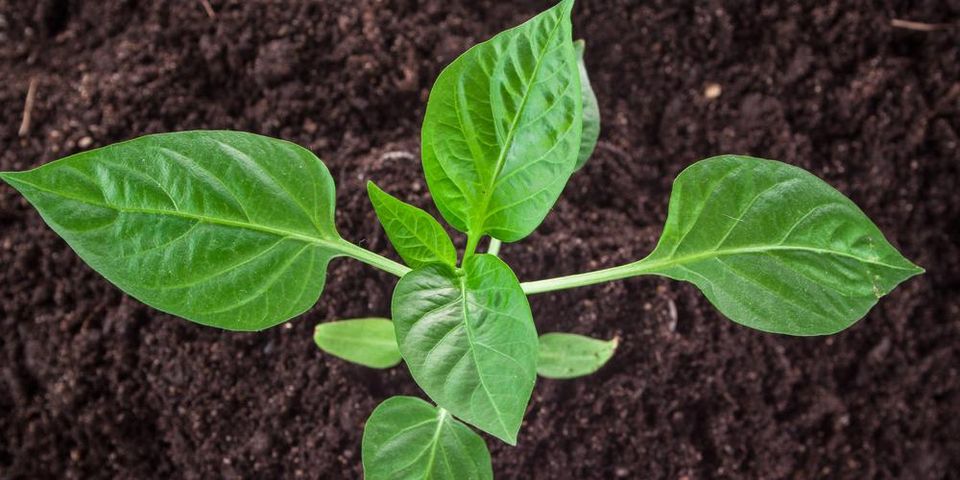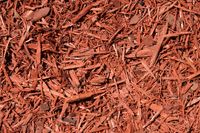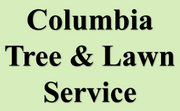Organic Vs. Inorganic Mulching: Which Is Best for You?

Mulch serves as a protective layer for your garden, insulating your soil and locking in moisture. When you prepare for mulching your garden, you have two main categories to choose from when it comes to material: organic or inorganic. The landscaping specialists at Columbia Tree & Lawn SVC in Howard County, MD, are experts in determining the right mulch for their clients’ yards. Here, they explain the main differences so you can make an educated decision for your landscaping.
Organic Mulch
 Organic mulch decomposes over time and can consist of bark chips, needles, leaves, grass clippings, newspaper or mulched food waste. Any byproduct of plants can be used in organic mulching. The greatest benefit of this type is that as it decomposes, it releases many helpful nutrients which support your garden. However, the decomposition means this layer of mulch will need to be replaced regularly.
Organic mulch decomposes over time and can consist of bark chips, needles, leaves, grass clippings, newspaper or mulched food waste. Any byproduct of plants can be used in organic mulching. The greatest benefit of this type is that as it decomposes, it releases many helpful nutrients which support your garden. However, the decomposition means this layer of mulch will need to be replaced regularly.
Inorganic Mulch
Inorganic materials won’t decompose, so you only need to do the mulching once. It will only need to be replaced if wind or water washes away the protective top layer. The most common materials used in this type include stones, landscaping fabrics, pulverized rubber, lava rock and other man-made materials. This does not provide the same nutrient-based benefits of organic mulch, but it does still provide a protective layer to protect against temperature, wear, and weeds. It can also be a very aesthetically attractive solution, so landscapers may use it as a decorative feature.
Within these two main categories, you have many options as to which type of organic or inorganic mulching to use. The team at Columbia Tree & Lawn SVC can help you make the choice that’s best for your garden. They also offer complete services to keep your yard in top shape, from water flow solutions to tree trimming and retaining walls. Call them at (410) 740-5444 to leverage their four decades of experience for your garden.
About the Business
Have a question? Ask the experts!
Send your question

